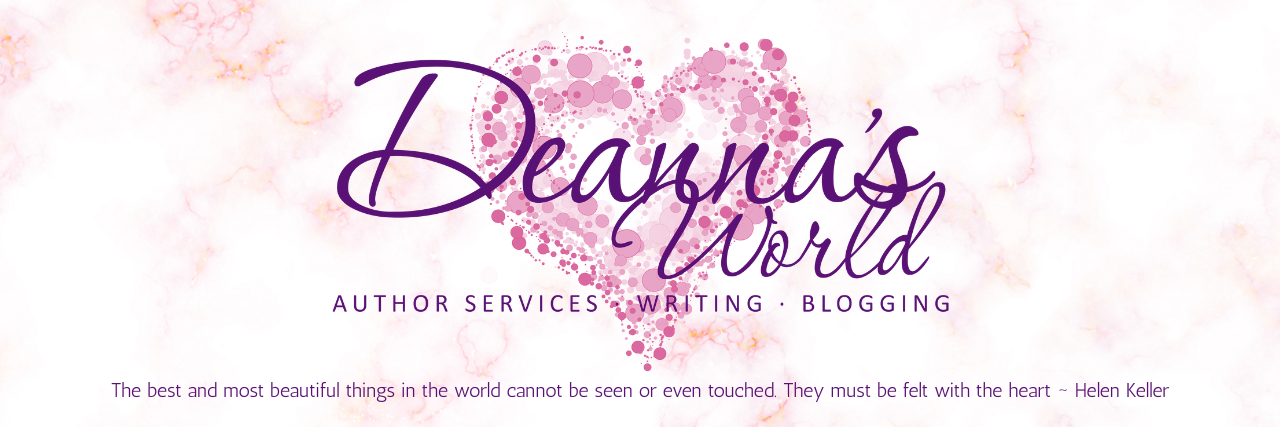
We've all seen it, and we've all heard it. Authors will post on social media saying that if anyone had read their book(s) if they could kindly leave a review so that the retailer (usually Amazon) algorithms would boost the book's visibility. It doesn't have to be a long review; a one-liner will do just saying they enjoyed the book. All reviews matter. But does it, really?
There's this belief circulating that on Amazon, you need at least fifty reviews for them to start showing your books to potential readers who are browsing the site either as "also reads" or "recommended for you" books. Some say twenty-five but mostly the number I hear the most is fifty.
It's not just the review though, it's also the rating. Out of five stars, depending on how a reader rates the book, the average rating might differ from book to book. Some readers might look at a book and check out the average rating to see if it is generally a good book or not. I know I've done it a time or two where I've looked at the average rating and thought: "hmmm... that's a pretty low rating, it might not be a good book," but that generally prompts me to read a couple of reviews to research the book further.
Authors believe ratings and reviews are important, and to an extent, I believe that is true. But the reality is, reviews are for readers to guide them in their reading choices and to determine if that book is for them or not. Some readers even look for reviews with spoilers to see if there are any topics in the book that could trigger them.
There could be some instances where reviews are beneficial to authors if they want to learn what works and doesn't work in their book for a reader and for them to improve on it. It could help them write a better book the next time around with greater reader appeal. However, the general consensus is that it's better for authors not to read reviews because reviews are for readers.
When it comes to ratings, obviously, the higher the rating, the better for the author. They would certainly like to see a five-star rating vs a one or two-star rating. However, ratings are a funny thing. Like reviews, they are very subjective. I've read a book and given it a five-star review and not understood why someone hated it and gave it one-star. The reverse is true too. And if you're going to talk about Amazon algorithms, the algorithm doesn't care how many stars are in the rating. All it cares about is the rating. A one-star review will count just the same as a five-star review. It's still one rating. One of the fifty, it apparently needs to start increasing the visibility of the book.

For readers, however, the number of stars matters. From years of participating in book groups, I've seen many views on reviews and how to rate a book, and what rating matters. Do you know what consistent theme emerges? Most people ignore the four and five-star reviews if they are wanting to find out more information about the book to decide if they are going to read it or not. This may come as a surprise to some, but as a majority, readers trust a three-star and lower review more. Not always because trolls exist, but most of the time. I'm certainly one of those readers.
A lot of authors have advance reader review teams. These readers get advanced copies (ARCs) of the authors' books, and they get to read it before the book is released in the hopes that they will leave a review on or near release day to boost the visibility of the book. It's a common practice and well accepted. In most instances, it works, and these authors get lots of reviews for their new book.
The flip side? The majority of these books will be sent to fans of the author who are predisposed to like the book, so the reviews are often glowing or positive. A lot of times, the reader even includes a sentence in the review that says, "I was given this book to read in exchange for an honest review" or something to that extent.
What does this mean to me as a reader? As someone who is checking out this possibly new to me author or this new book that's been recommended by a lot of other readers? If it's a new book, and it's stacked with positive four or five-star reviews close to release day, I am often highly skeptical of the accuracy of those reviews and ratings. I tend to be rather suspicious of them and will think that they are just a bunch of fans gushing about their love of the author and will love whatever the author wrote, even if it was a shopping list on the back of a receipt.
Bottom line? I do not always trust rave reviews on or near release day. That said, I review books too, and I've had my fair share of four and five-star book reviews I've posted. Does this mean you can't trust my ratings and reviews? Possibly, but I like to think I'm being as honest as I can when it comes to a book I've read. I've posted as many one and two-star reviews as I have positive reviews. In fact, there's a regular feature on the bloggity where I post reviews of all the books that I do not finish reading because I believe that there's balance when it comes to reading. Some books I love, some books I don't. It's also the reason I don't read as many ARC books anymore. It's because I like to maintain my independence and not feel obligated to leave a positive review just because the book was sent to me by an author or publisher to review. There have been times where I've written back to the author or publisher and told them I could not review the book they've sent me because I didn't like it and couldn't finish it.
When it comes to believing a review and using it to determine whether a person is going to read a book or not, most readers I've come across say that they will intentionally read the negative and mediocre reviews. The one-star, two-star, and three-star reviews. One popular review quirk I see is when someone gives a book a one-star review and complains that there is too much sex in the book. For many people (and I've seen this happen a lot), that's an immediate one-click.
Others intentionally read the less than stellar reviews to find out spoilers, triggers, and anything that may have put off that particular reviewer in their reading experience. That information will either reinforce the potential reader's intention to read the book, or it might help them to decide that the book is not for them and go choose something else to read.
Most people who read reviews to help in their reading decision-making process believe that the lower-rated reviews are more honest. Those are the reviews they trust. I'm like that at times too. And of course, other times, I wonder what that reviewer was smoking and if there were some special mushrooms in the mix. That tends to happen when I've already read a book and am looking at reviews of the book for a lark.
So back to the original question. Do reviews matter? Yes, I think they still do. The Amazon machine still counts reviews to help with books' visibility. Authors like getting positive reviews because it makes them feel good and validates their hard work. Readers read reviews to help them decide if they want to read the book or not.

I think there is a place for all sorts of reviews and ratings (minus the trolls - trolls are bad!). It's just a matter of taking them with the right attitude and seeing them for what they are. I recently came across a book that a certain author released. It was her first Male/Male romance, and it intrigued me slightly. I went onto Goodreads (there's another whole can of worms!) to check out the reviews of the book. The majority of the reviews were glowing five-star reviews with unicorns and rainbows. Knowing this author and the kind of following she had, I didn't believe a word of it. I went to the lower-rated reviews and read two two-star reviews. They were well written and well thought out, and they articulated some of the issues I've had with this author's writing in the past with other books. Those two reviews were enough to let me know that the things I didn't like about this author's writing were still prevalent in the current book. It was enough to help me decide that I shouldn't spend my time on a book I knew would ultimately frustrate me. Now do I think this author or her fans were happy with those reviews, probably not. But as a reader, they were very helpful.
I've made it a habit to review and rate every book I read. I might not post all my reviews publicly either on the bloggity, Amazon, or Goodreads, but I write them. They help me remember what I've read and articulate how I feel about the book, and more importantly, they serve as a reminder if I ever decide to try a particular author again. They are helpful since my brain can't retain every single detail of every book I've read. There have been so many! Sometimes, I've even forgotten the heroine's name by the time I get to writing the review. I know, terrible, right?
What about you? Are you a reviewer or not? Do you leave ratings and reviews for all the books you've read or not? And how do you feel about reviews?
Find Deanna around SOCIAL MEDIA:

I don't usually review books, apart from a few words, as I'm not very good at it. I always award stars though, but agree they are subjective.
ReplyDeleteGill
A few words or a line is good enough for a review. I was terrible when I first started writing reviews. I've gotten more used to it with practice.
Delete